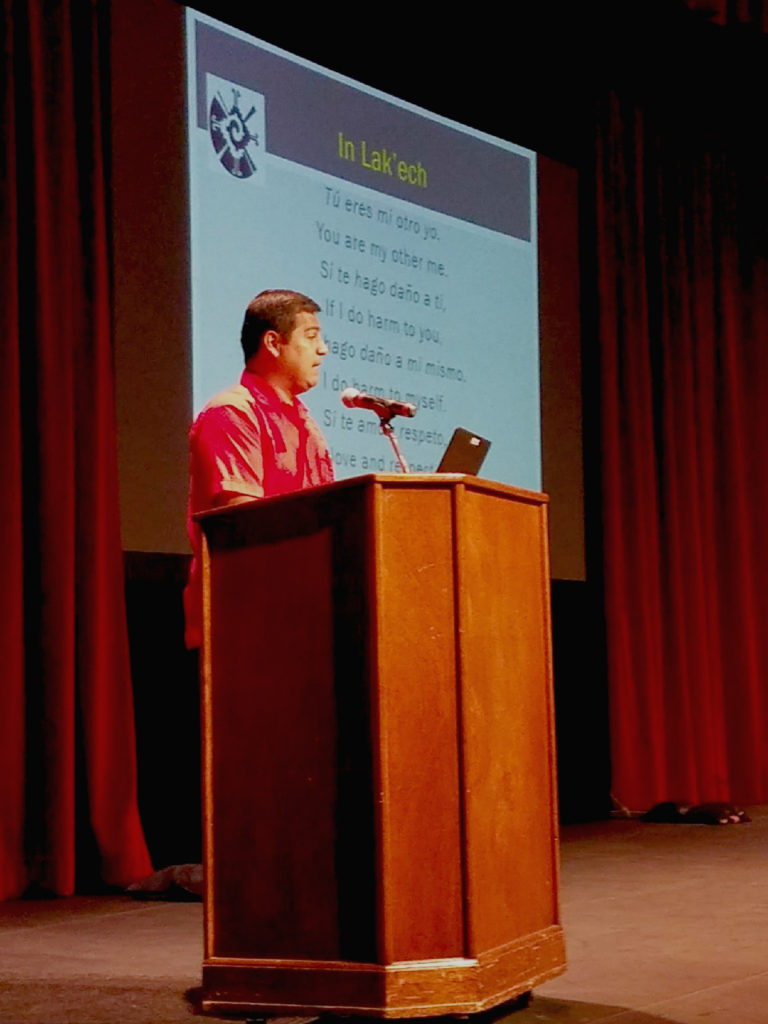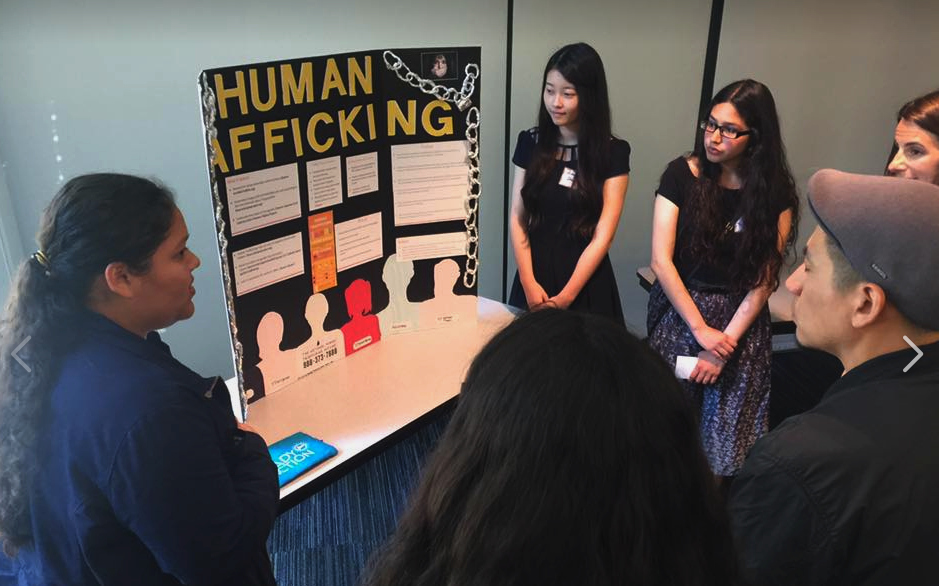More than 650 teachers, educators, scholars, community organizers, students and parents gathered at Chapman University earlier this month for an Education and Ethnic Studies Summit.
The second annual event, held April 1 and April 2, allowed participants to discuss strategies for creating and implementing a culturally meaningful curriculum that fosters empathy, raises social awareness, explores histories and prepares students for college, career and civic life.

“Ethnic studies has taken on more prominence in the education world,” said Dr. Margaret Grogan, dean of Chapman’s College of Education, “but there remains misunderstanding about what exactly ethnic studies is.”
The summit, she added, focused on “practical applications for our state’s classrooms.”
In September, Gov. Jerry Brown signed a bill to establish a model curriculum for ethnic studies in high schools. Given this new legislation, and the interdisciplinary nature of ethnic studies, this month’s gathering offered professional development for K-12 teachers across a range of subjects, including history/social sciences, math, science, visual and performing arts and language arts.
Dr. Christine Sleeter and Dr. Allyson Tingtiangco-Cubales, both prominent in the field, were among the keynote speakers at the summit, which also featured spoken-word performances, research project presentations, film screenings, an art exhibit and more than 50 panels and workshops led by well-known educators such as Sean Arce, Sean Abajian and leaders of the El Rancho Unified School District, which in 2014 became the first district in California to make ethnic studies a graduation requirement.
Moreover, members of an ethnic studies task force in the Santa Ana Unified School District were recognized for their civic engagement contributions, as were Araceli Chávez, a parent involvement specialist from the Anaheim Union High School District, and Adela G. López, professor emerita and chair from Fullerton College.
To date, eight campuses in Orange County have implemented secondary ethnic studies courses — Anaheim Union’s Loara High School and Santa Ana Unified’s Century, Saddleback, Santa Ana, Valley, Middle College and Chávez high schools, along with Spurgeon Intermediate School. Both districts have committed to expanding their course offerings, according to Richard Romero, a program specialist with OCDE’s English Language Teacher Support team.
Meanwhile, Savanna High in AUHSD offers a dual enrollment program with Fullerton College’s Ethnic Studies Department, enabling high school students to earn college credits. In addition to Ethnic Studies, both Savanna and Loara high schools are recognized as California Democracy Schools by the Los Angeles County Office of Education, in partnership with OCDE. The initiative is designed to institutionalize civic learning in high schools.

Dr. Miguel Zavala, an associate professor at Chapman University, said the summit empowered participants “with the tools to reach all their students with a healthy understanding of not only our diversity, but also to learn about the cultures that surround us.”
“Ethnic Studies,” he said, “is about community development; it’s about nurturing students’ academic and cultural identities.”
And there may be additional benefits.
A 2016 study by the Stanford Institute for Economic Policy Research found the attendance rates for “at-risk” high school students increased by 21 percent when they were enrolled in ethnic studies courses. In addition, their GPAs rose by 1.4 points, and they earned — on average — 23 additional credits. Research by the National Educational Association further showed that a well-designed and well-taught ethnic studies curriculum has positive academic and social outcomes for students.
